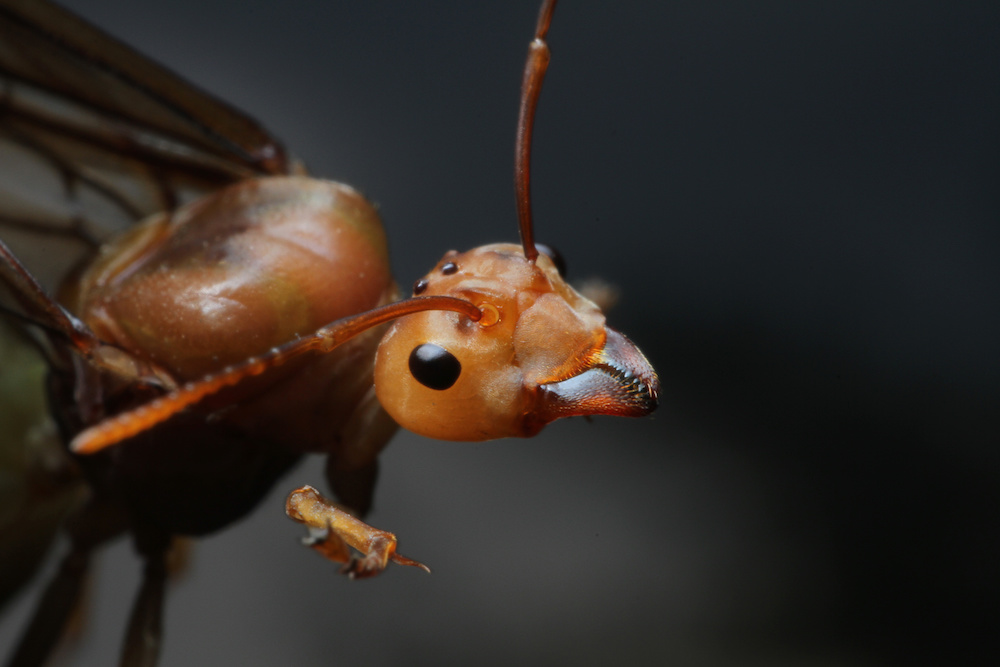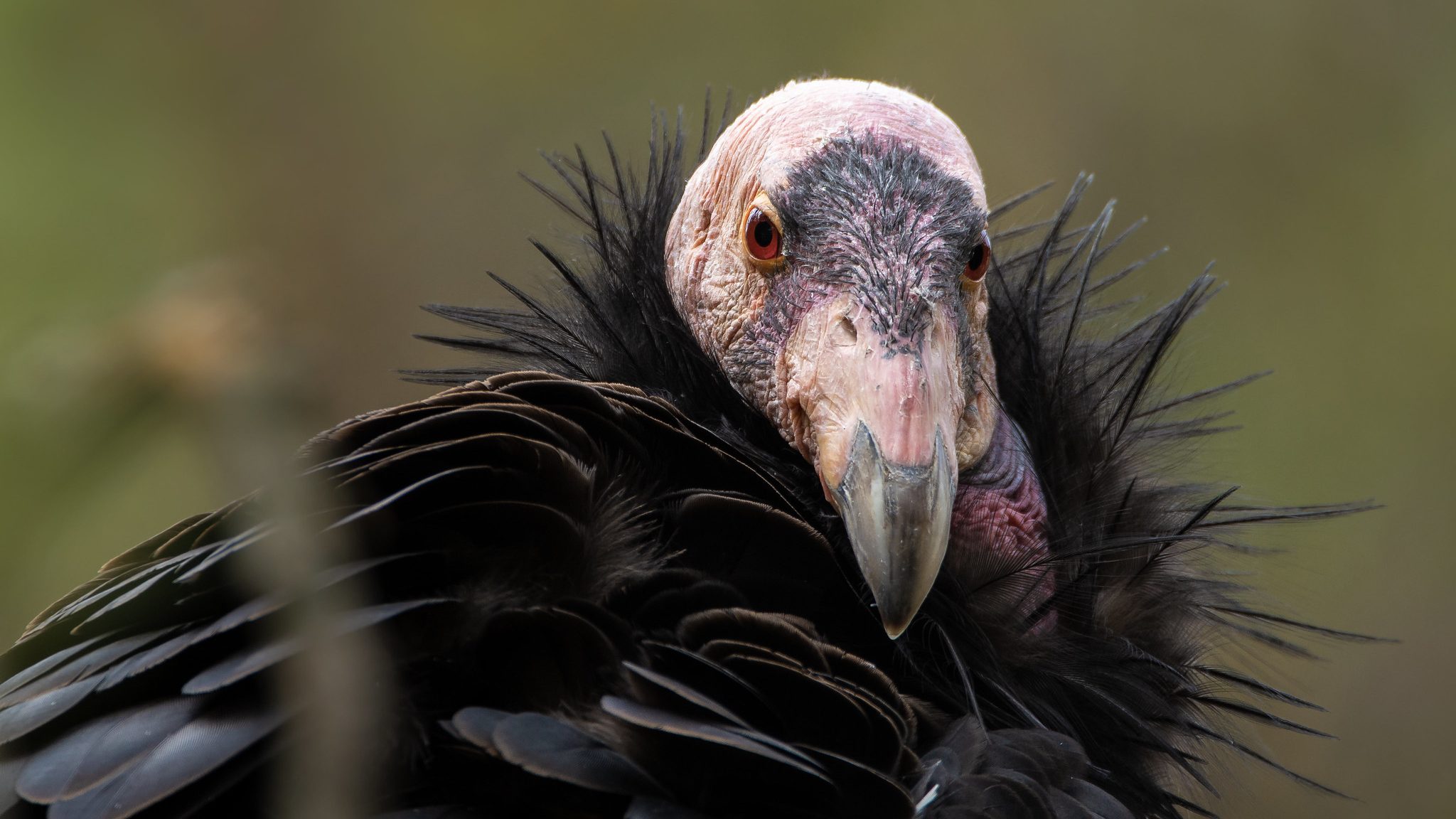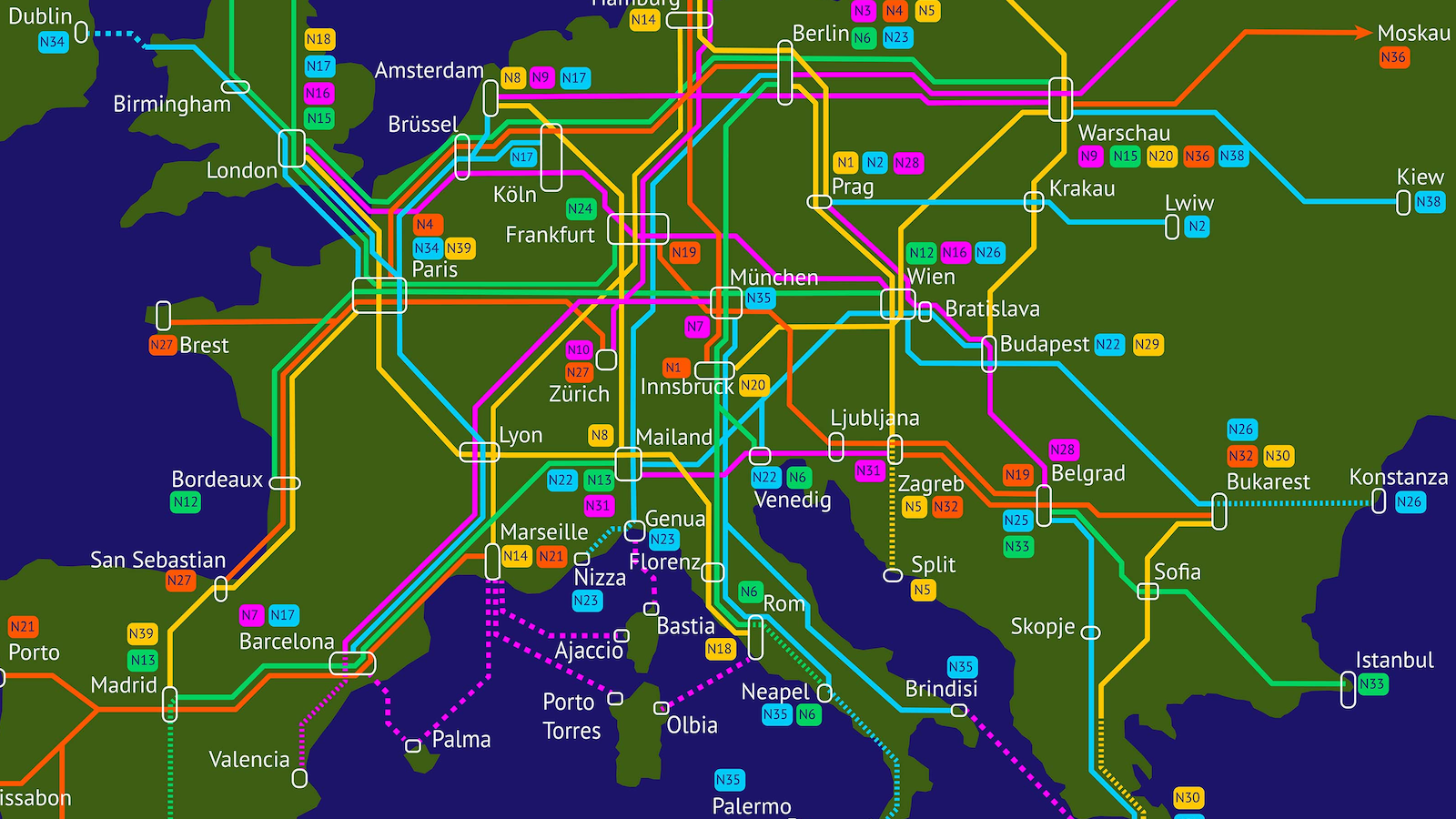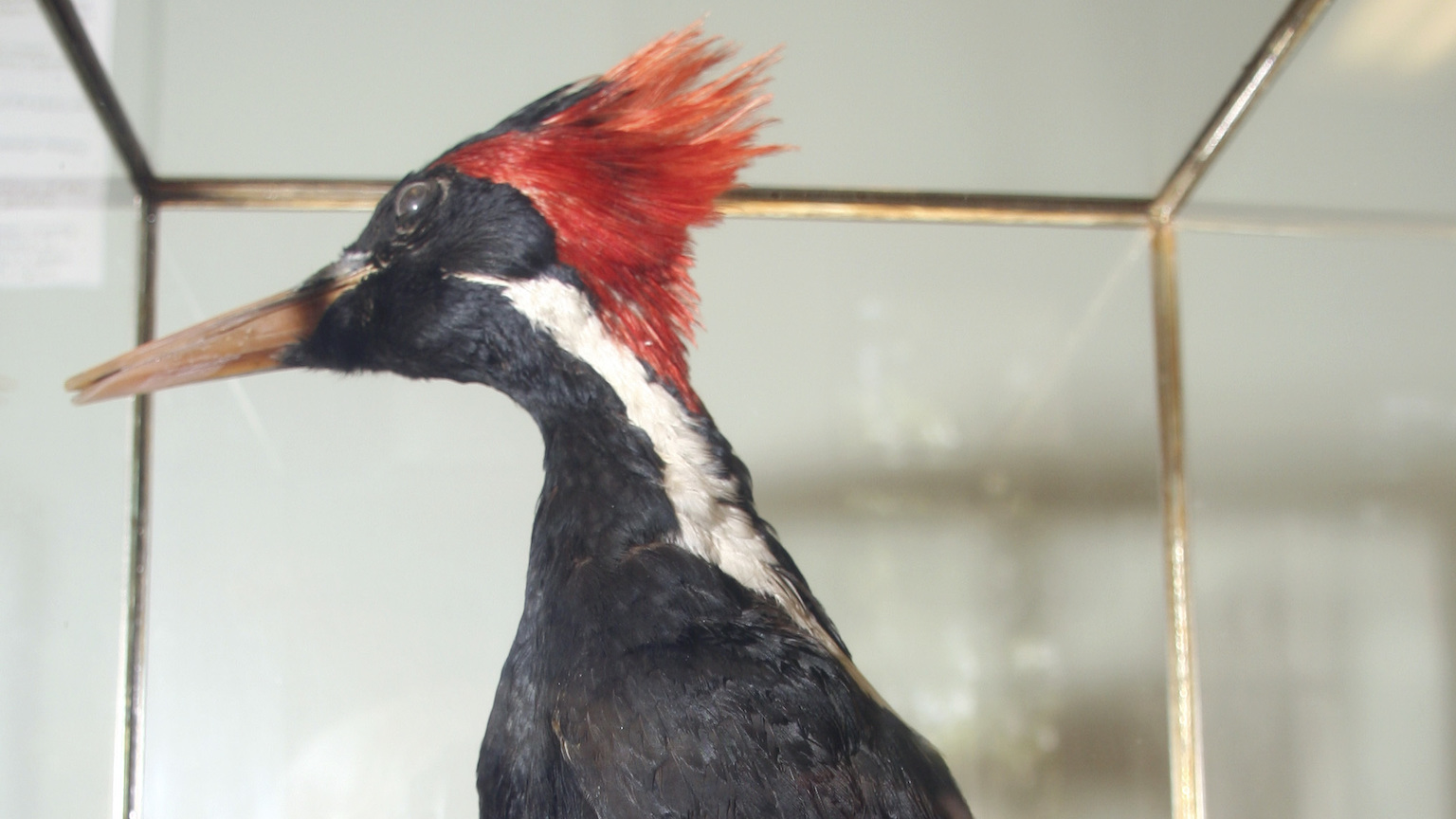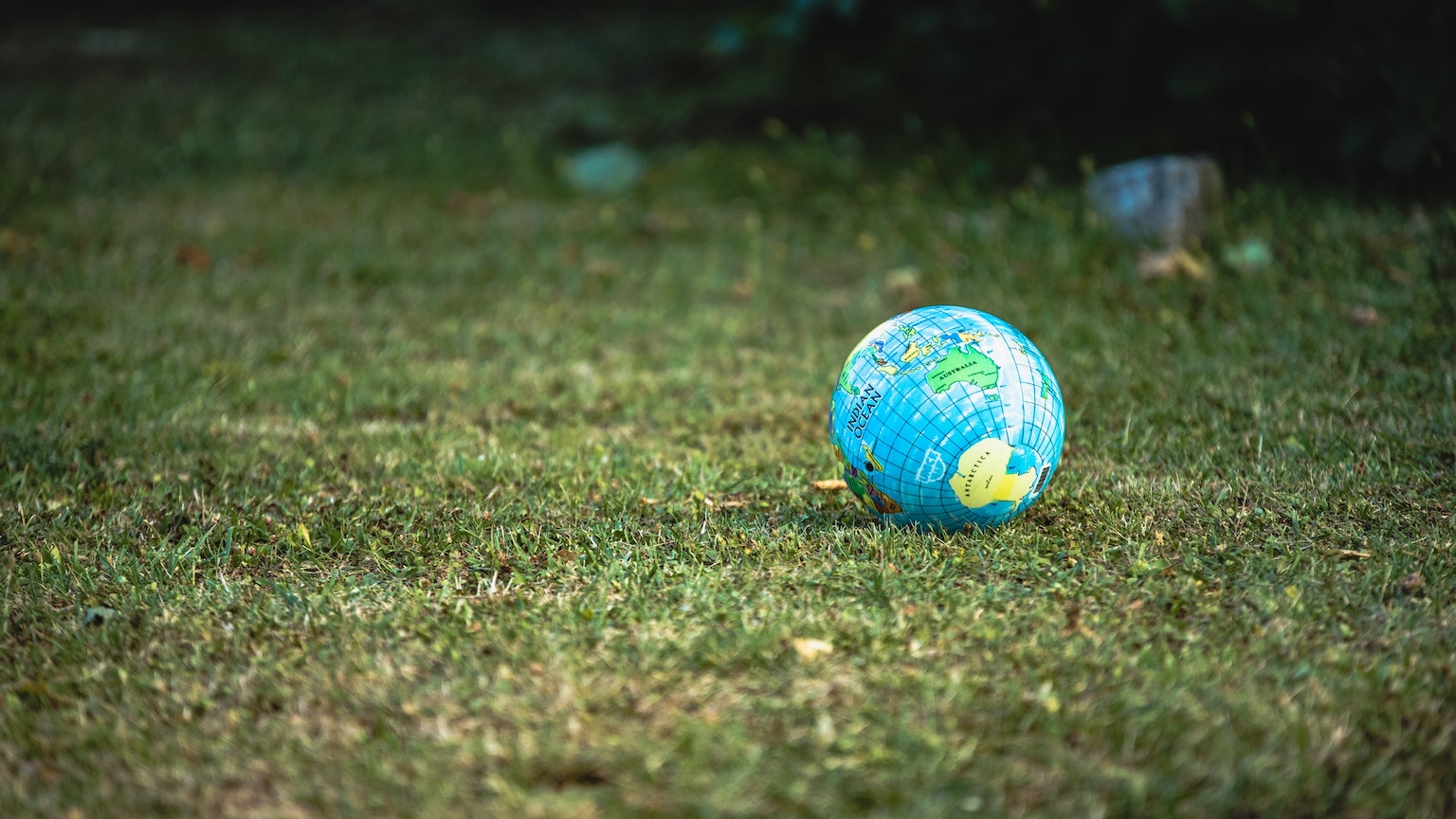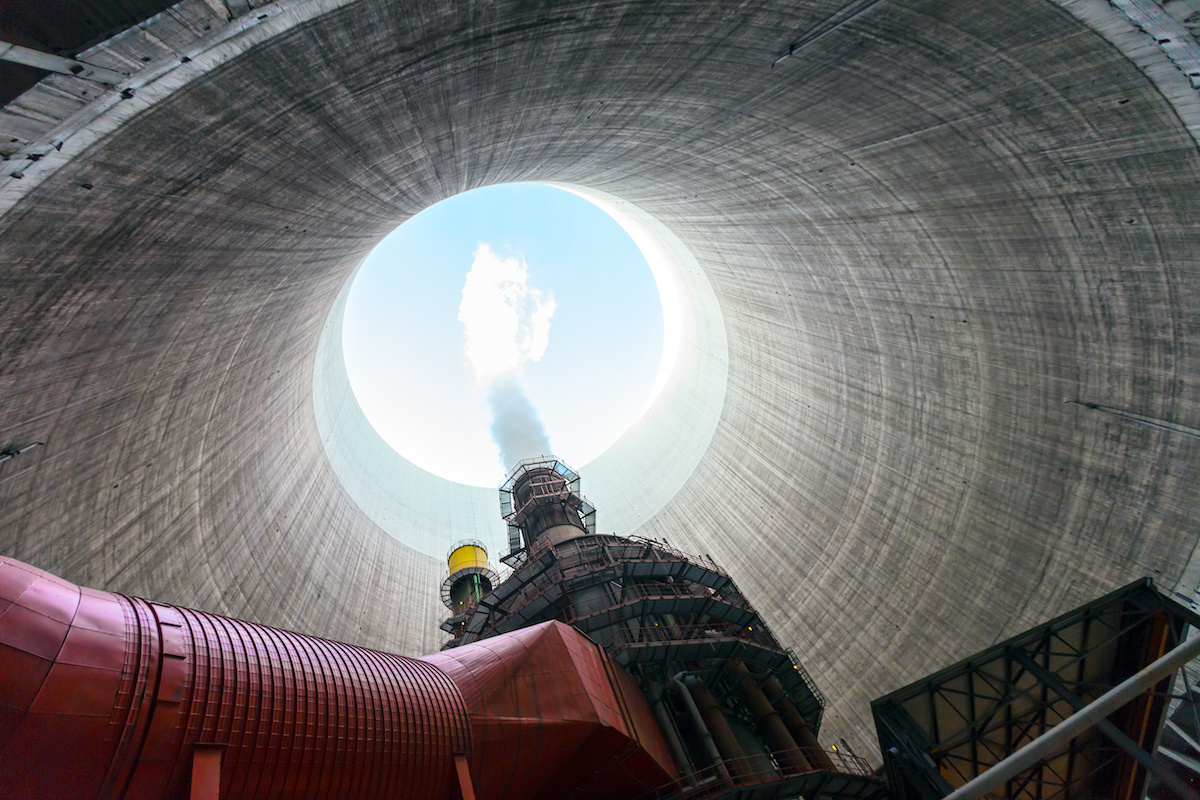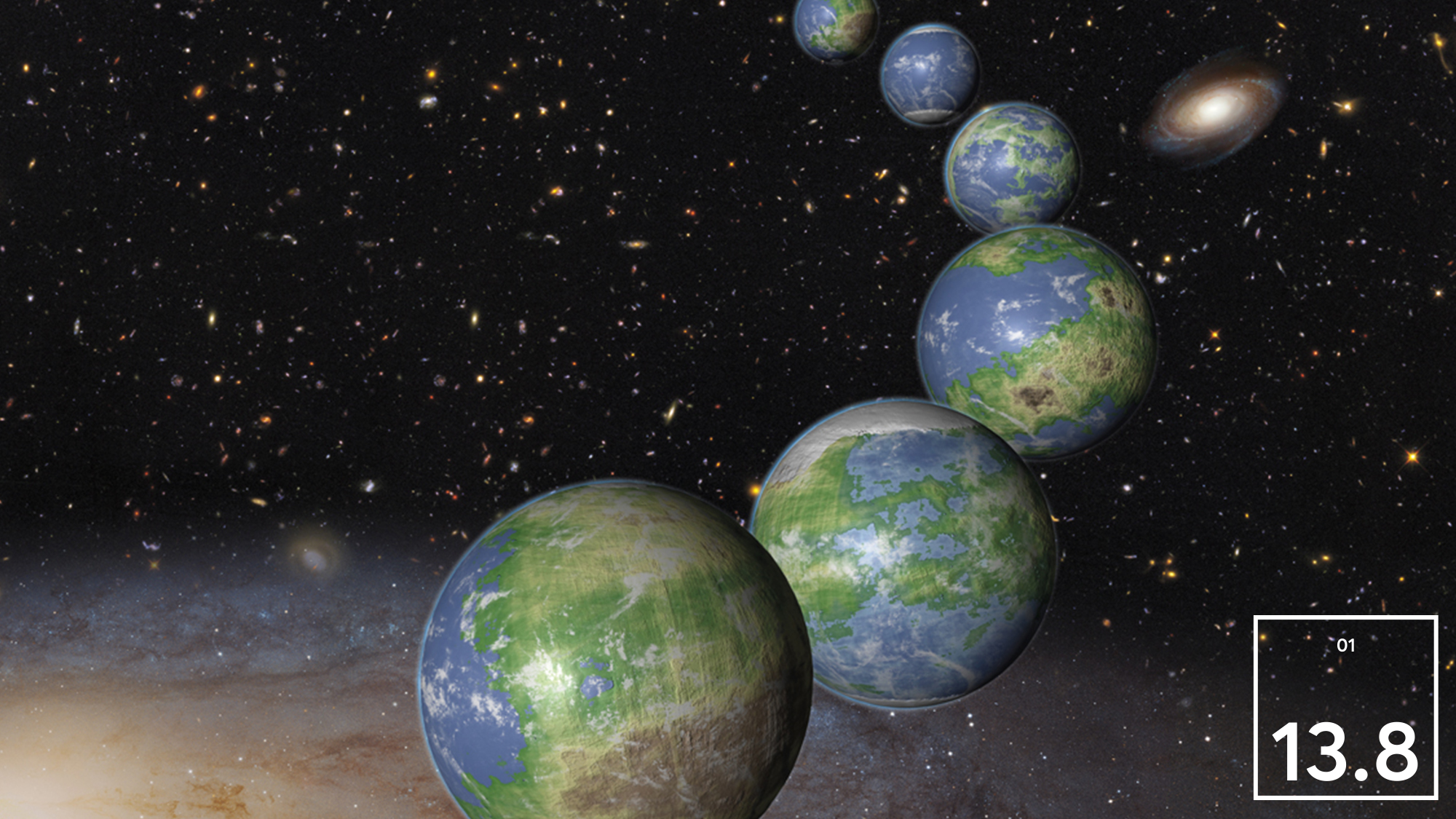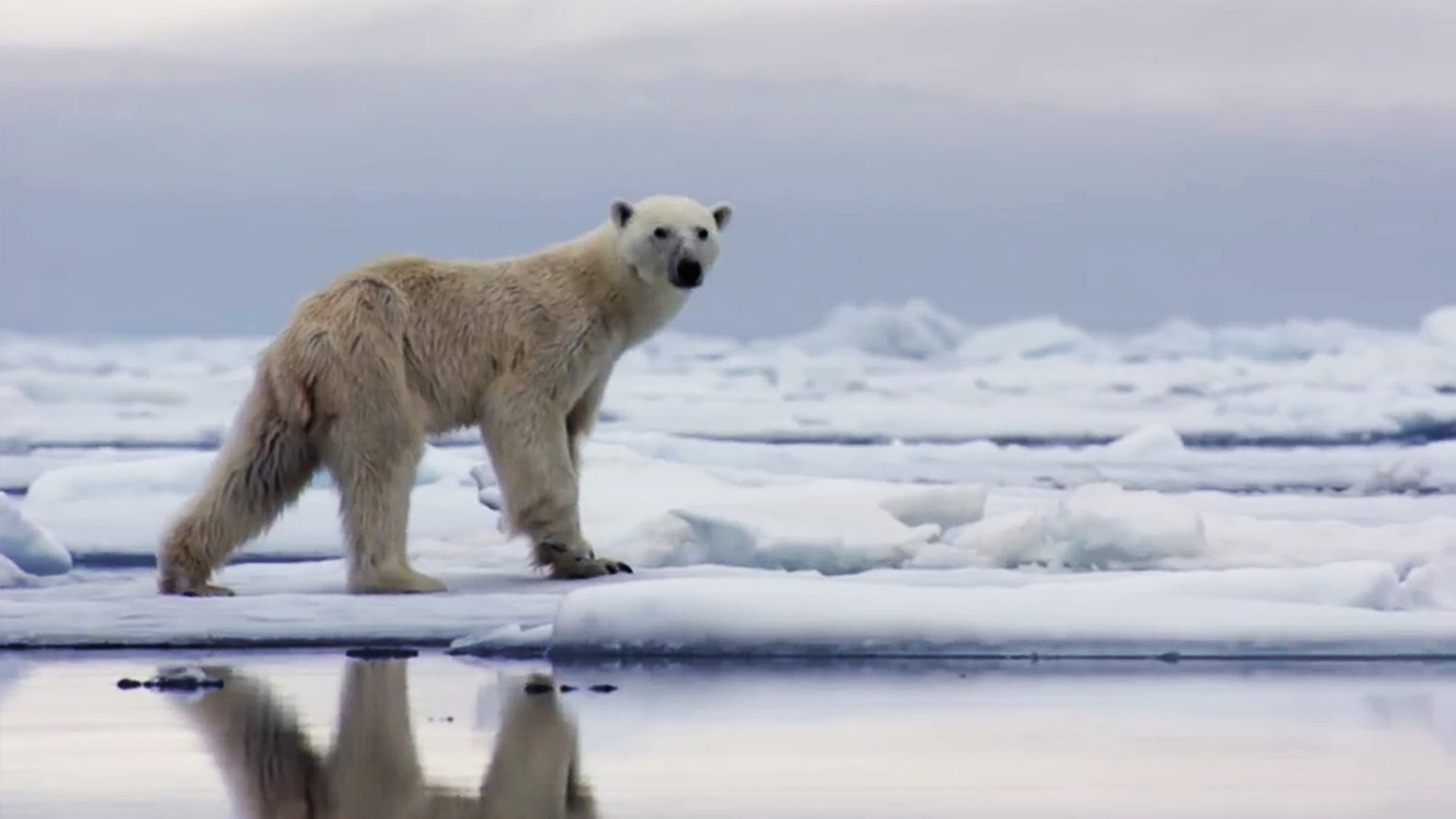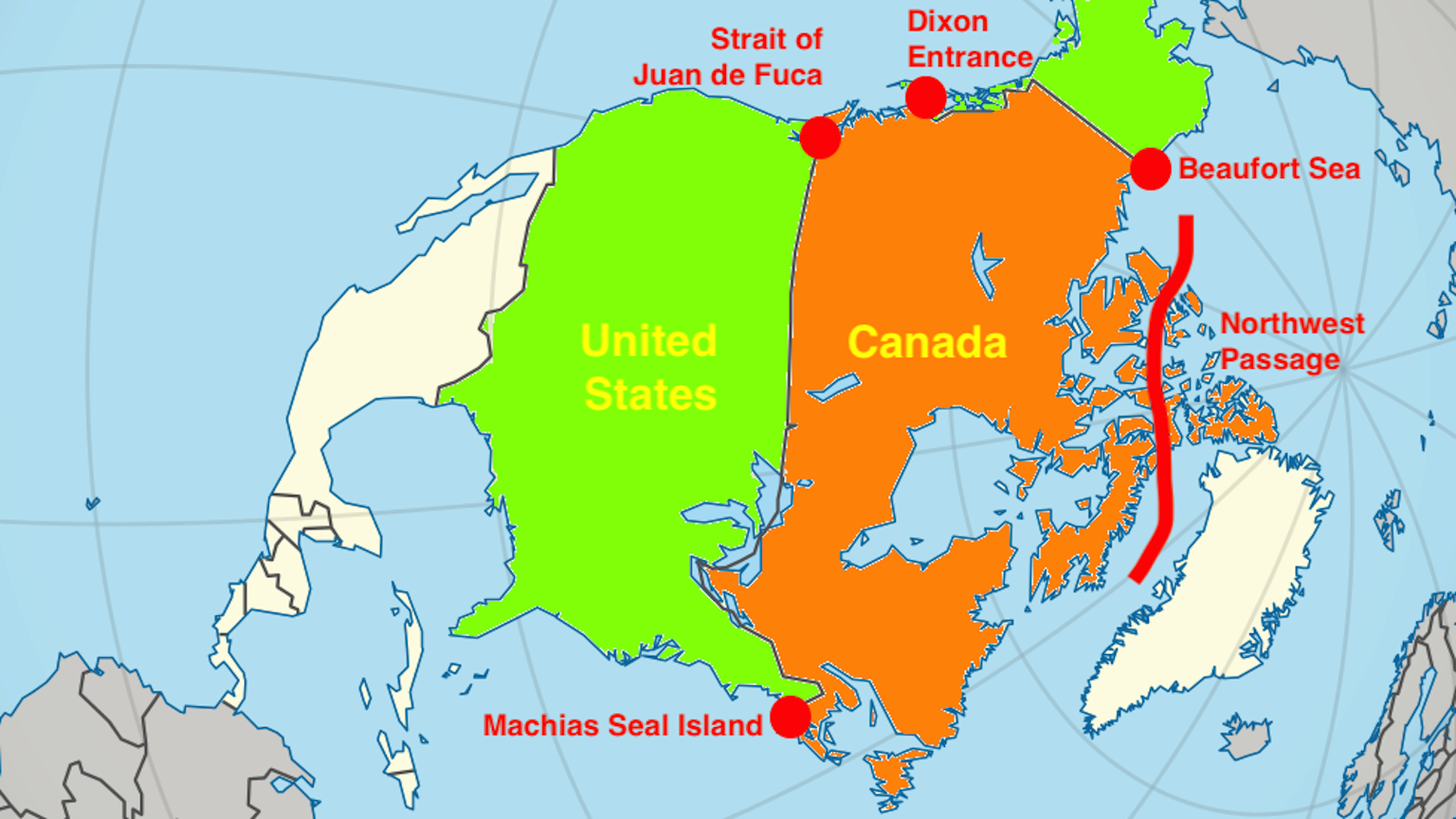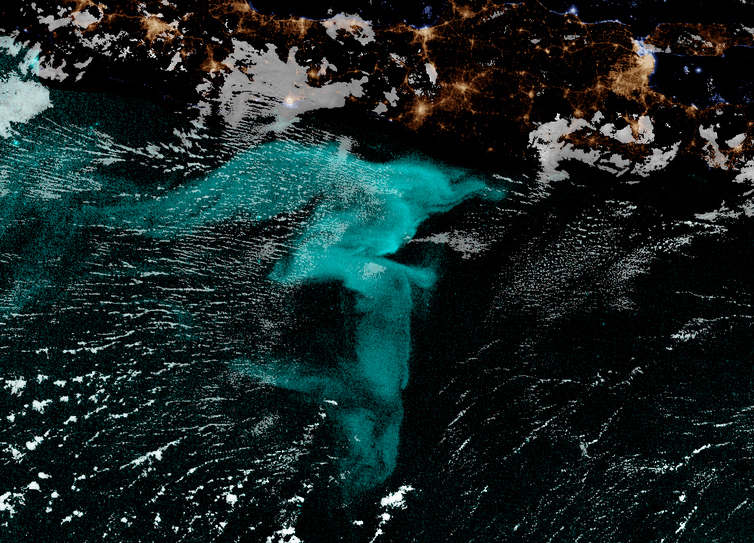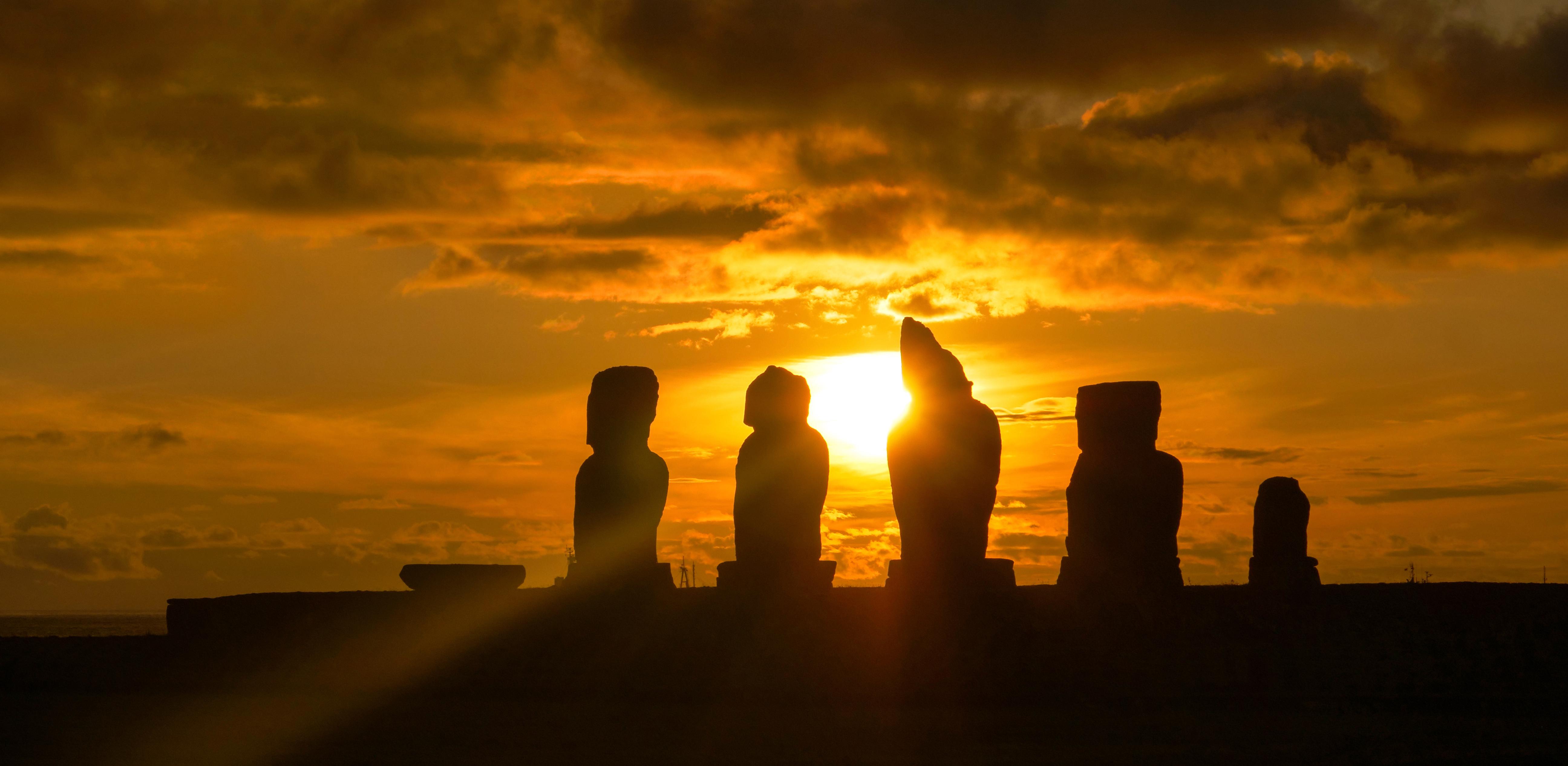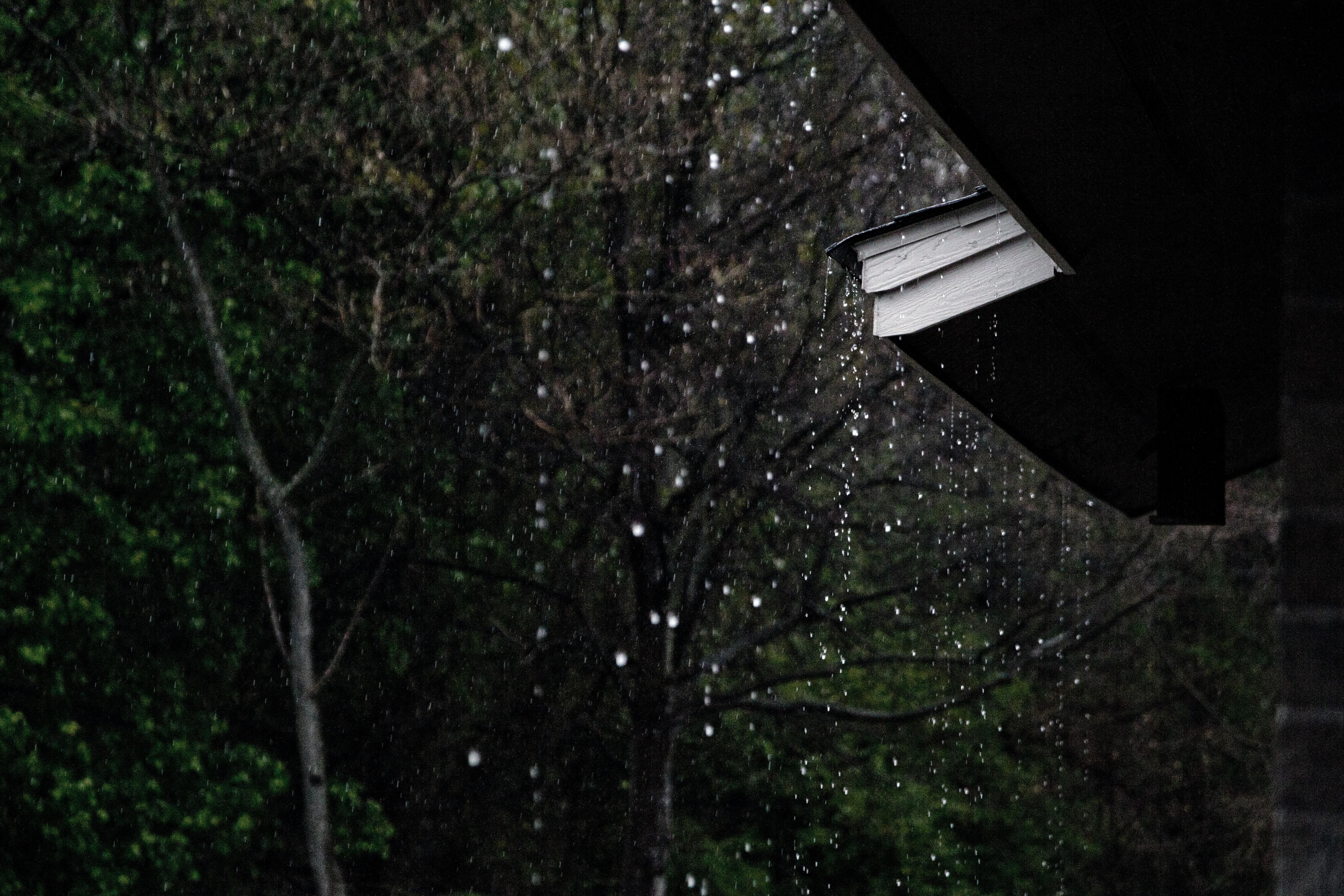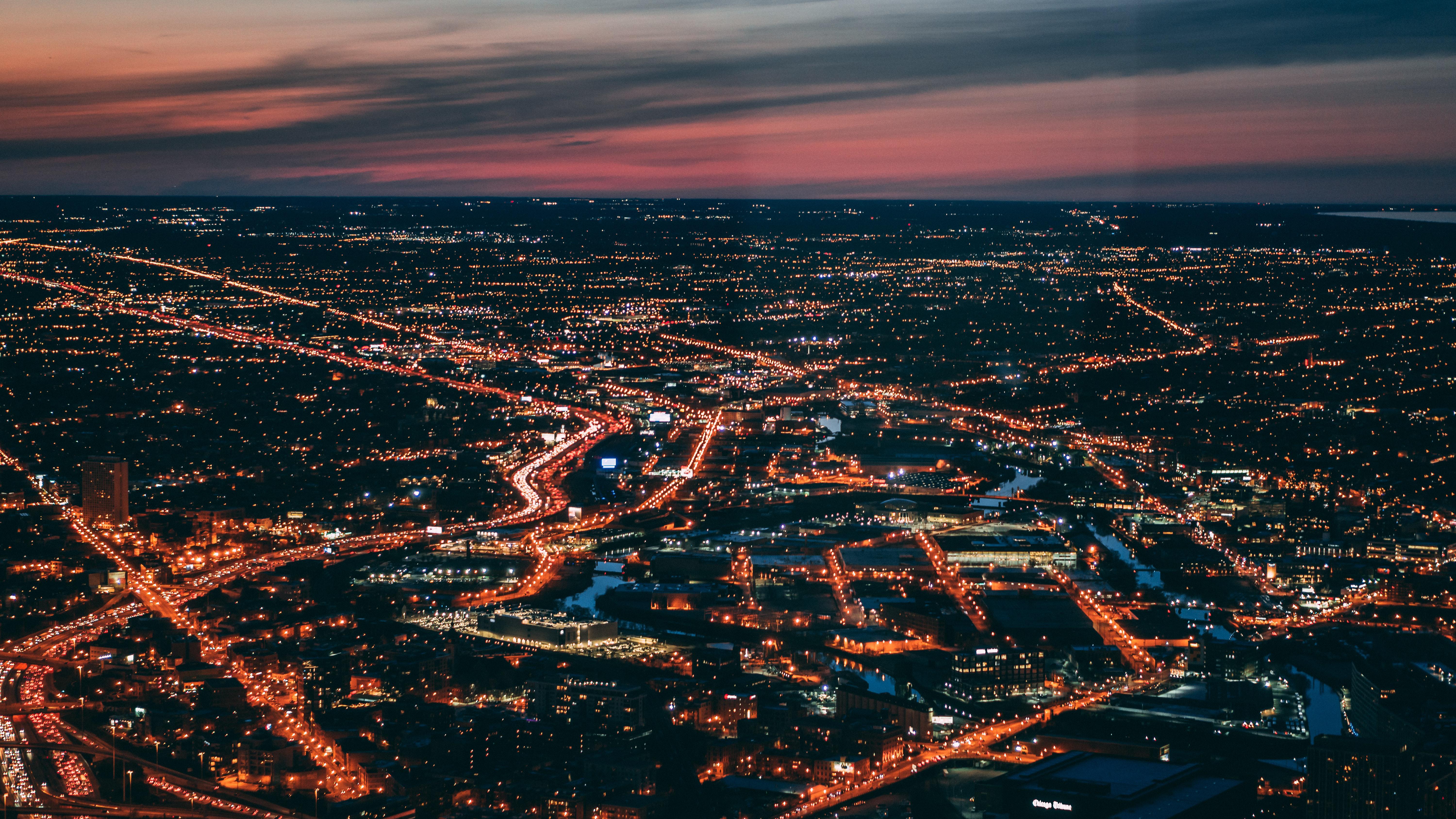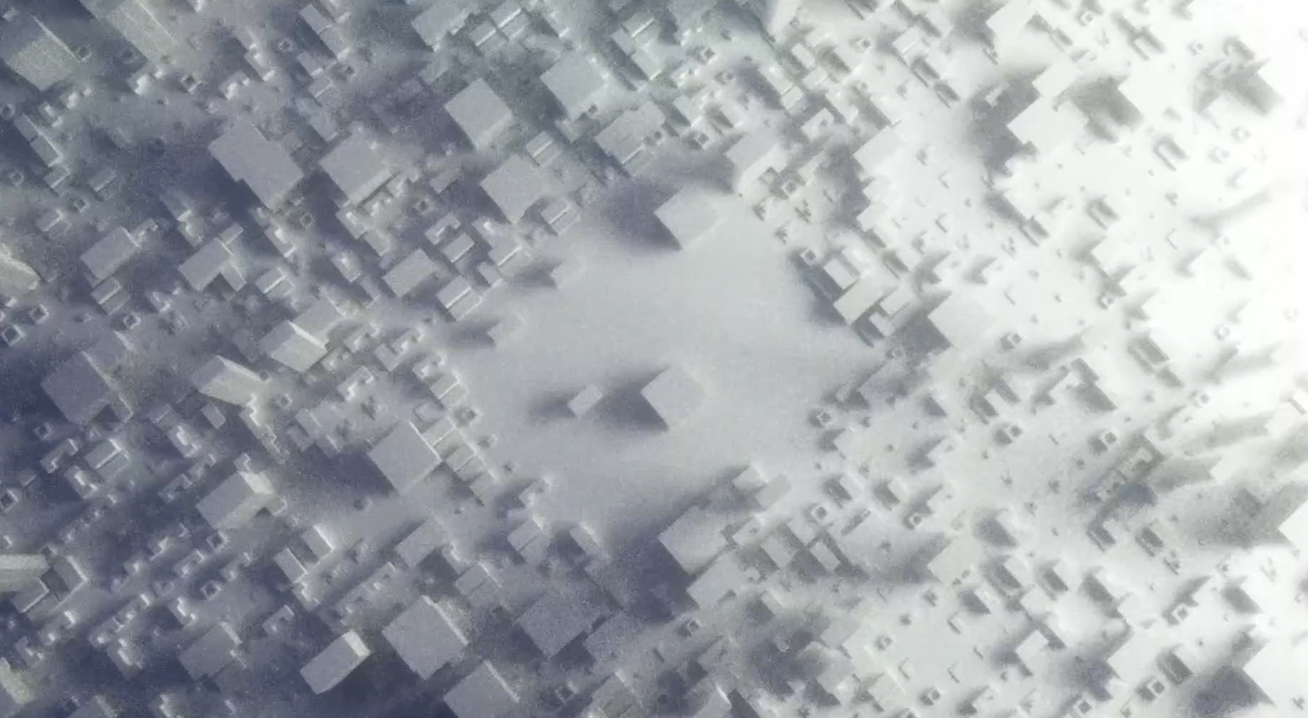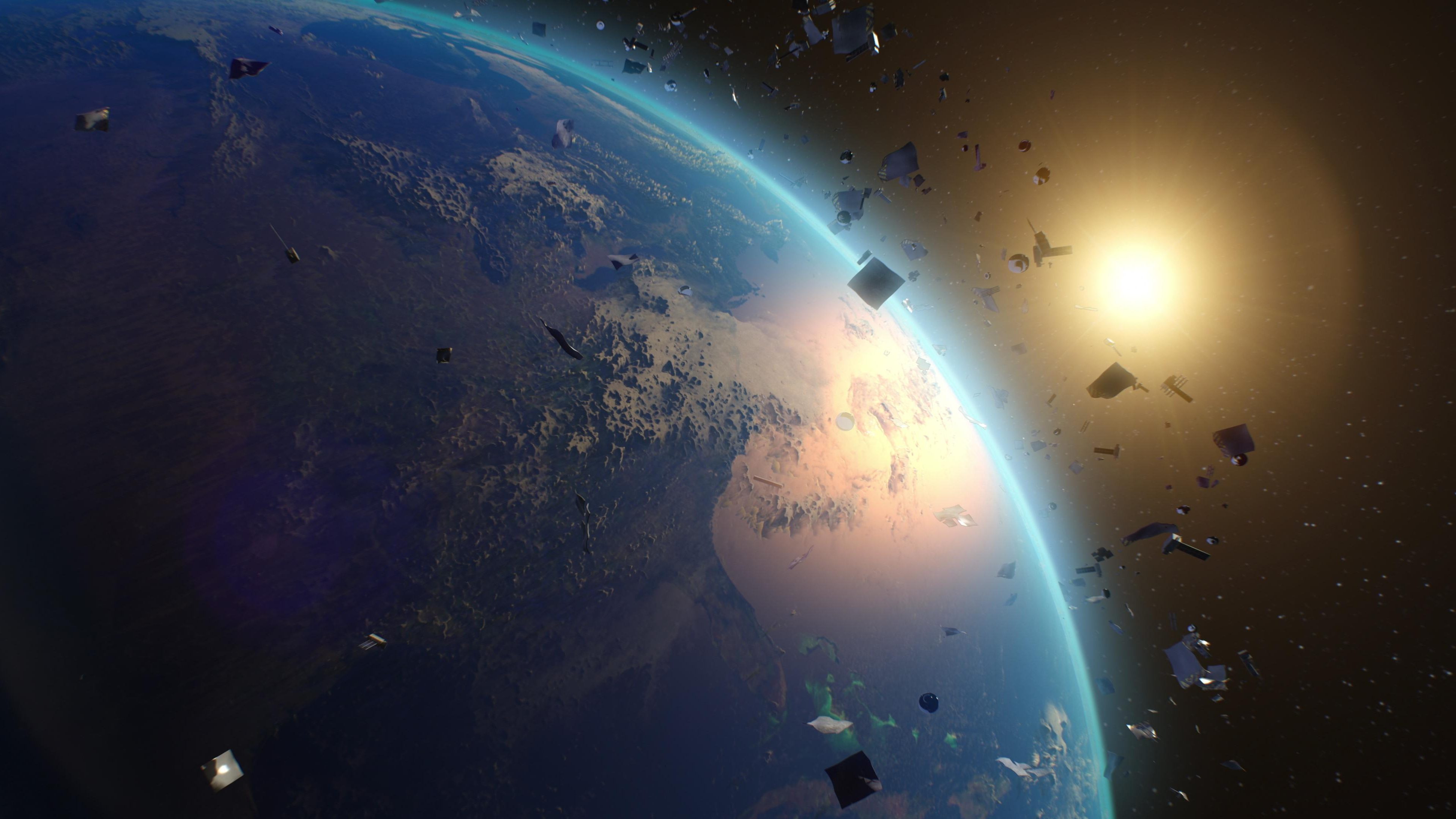environment
Social conflicts can leave molecular marks on animals, according to recent research on the ant species Harpegnathos saltator.
Virgin birth – which involves the development of an unfertilised egg – has preoccupied humans for aeons. And although it can’t happen in mammals, it does seem to be possible in […]
The “Euro Night Sprinter” map is utopian, but Europe’s rail future could look a lot like it.
The list includes eleven species of birds, eight species of freshwater mussels, two fish, a bat, and a plant from the mint family.
Linguistic laws are remarkably versatile and have applications in ecology, microbiology, epidemiology, demographics, and geography.
After the 2011 Fukushima disaster, it was Germany, not Japan, that cracked down most severely on nuclear power plants.
The mediocrity principle is often used to make claims about the abundance of life across the universe, but these claims are likely unfounded.
Civilization is facing an existential threat from climate change. Will we humans make it? Does anyone in the universe make it?
The cause of the recent uptick in radiation is unknown, but speculation about another catastrophe at Chernobyl is hyperbolic.
All of these conflicts have a long history. They may also have a long future.
To date, only one research vessel has ever encountered a milky sea.
Scientists are solving the problem of costly energy storage.
For decades, researchers have proposed that climate change and human-caused environmental destruction led to demographic collapse on Easter Island. That’s probably false, according to new research.
Trees store carbon dioxide, have a cooling effect in cities, and reduce flood risks.
As air pollution increases, so does violent crime.
Buildings don’t have to be permanent — modular construction can make them modifiable and relocatable.
Too few babies — not overpopulation — is likely to be a major problem this century.
As droughts threaten water supplies across the planet, some municipalities aim to utilize an untapped resource: sewage water.
Some wild animals thrive near humans, but only up to a point.
A new agricultural revolution could forever change the planet.
Cartography is serious business in Switzerland — but once in a while, the occasional map gag slips through.
Since 1957, the world’s space agencies have been polluting the space above us with countless pieces of junk, threatening our technological infrastructure and ability to venture deeper into space.
Seawater is raising salt levels in coastal woodlands along the entire Atlantic Coastal Plain, from Maine to Florida.
Noise causes stress. For our ancestors, it meant danger: thunder, animal roars, war cries, triggering a ‘fight or run’ reaction.
A revolution of the mind must occur in order for humanity to succeed on a finite planet.
A Harvard professor’s study discovers the worst year to be alive.
The lush biodiversity of South America’s rainforests is rooted in one of the most cataclysmic events that ever struck Earth.
Researchers find that the coffee pulp is valuable in its own right.
Growing marijuana in large, climate controlled warehouses is good for production but has a massive carbon footprint.
Their success is based on us adopting a plant-based diet, too.
